Erik Erikson: Post-Freudian Theory
$8.96
Description
Erik Erikson, the man who single handedly coined the phrase identity crisis. Erikson’s world fame in multiple fields includes education, psychohistory, anthropology, and psychoanalysis, all without a college degree of any kind. Erikson extends the assumptions of Freud unlike other theorists who repudiate Freud’s findings offering a novel outlook in the process (Erikson, 1963). The post-Freudian theory of Erik Erikson acts as an extension to the infantile developmental stages of Freud incorporating stages of adolescence, adulthood, and old age. The suggestion of Erikson is that contributing to the formation of personality is a psychosocial struggle during each stage. This struggle takes the form of an identity crisis from adolescence on, acting as a turning point in one’s life that can either weaken or strengthen one’s personality. Erikson’s post-Freudian theory is an extension of psychoanalysis, one that Erikson believes that in time Freud himself may have covered. Although Erikson’s lifecycle approach to personality makes use of Freudian theory as the foundation, several differences exist between Freud and Erikson. Erikson places more emphasis on both historical and social influences in addition to his elaboration of psychosexual stages beyond childhood. Like those of other personality theorists, Erik Erikson’s post-Freudian theory is a reflection of his personal background including a lifelong search for his identity, experiences with a variety of cultures, extensive travels, and the arts.
Author: Carley MS, Steven G
Topic: Biography / Autobiography
Media: Book
ISBN: 1514265567
Language: English
Pages: 34
Additional information
| Weight | 0.11 lbs |
|---|---|
| Dimensions | 8.5 × 5.5 × 0.07 in |


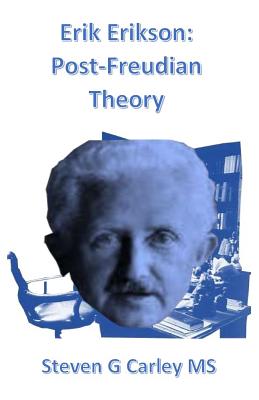
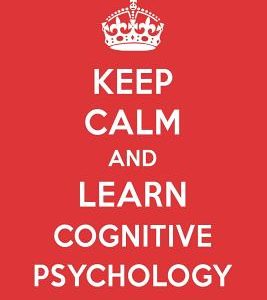







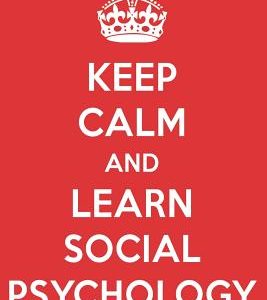
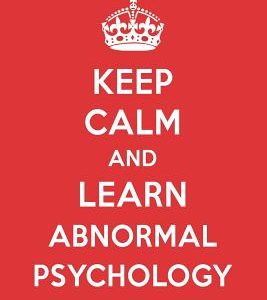
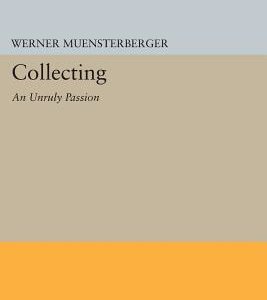
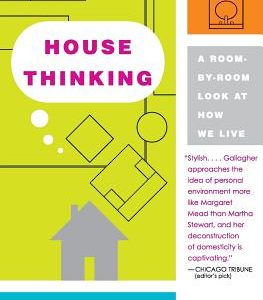
Reviews
There are no reviews yet.